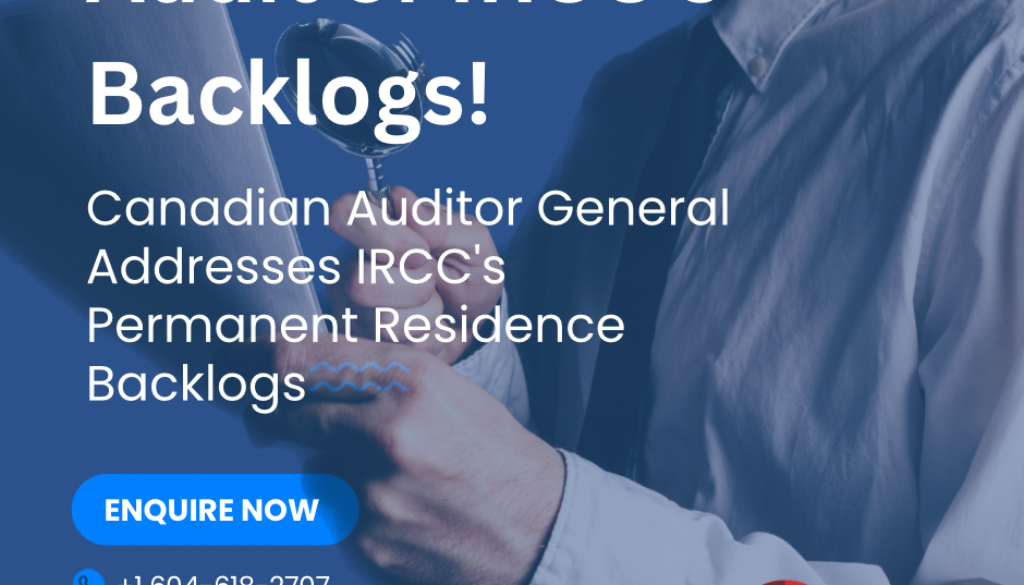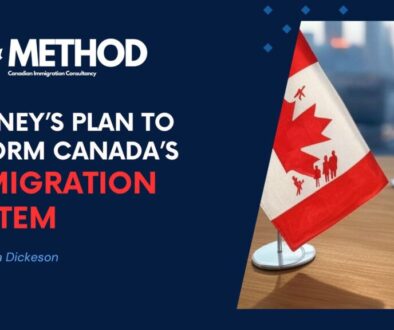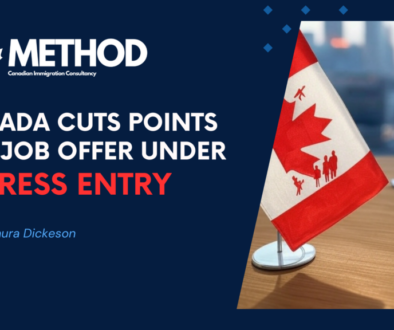Report by Canada’s Auditor General Addresses IRCC’s Backlogs in Permanent Residence
Addressing Challenges in PR Application Processing: Auditor General’s Report and Recommendations
The Office of the Auditor General (OAG) has recently published its report regarding the processing of permanent residence applications by Immigration Refugees and Citizenship Canada (IRCC). This audit aimed to assess the efficiency and speed of PR application processing by IRCC.
The OAG plays a vital role in providing factual, unbiased information and expert guidance to Canada’s parliament. Parliament relies on these audits to gauge government performance and hold it accountable for public fund management.
The OAG report was initiated in response to the growing backlog of permanent, temporary, and citizenship applications during the pandemic, with more than 2 million individuals affected. This surge in applications led to significant processing delays across various categories.
The audit encompassed the processing of PR applications under different programs, such as Economic class (Federal Skilled Worker, Quebec Skilled Worker Program, Provincial Nominee Program), Family class (Sponsored spouse and Partner Program, Dependent Children program), and Humanitarian class (Government-Assisted Refugees program, Privately Sponsored Refugee program).
The report’s findings indicate that despite efforts to reduce backlogs during the pandemic, applicants for permanent residence in Canada still experienced lengthy waiting times, with refugee program applicants being the most affected.
Refugees faced particularly long waiting periods, with privately sponsored refugees waiting an average of 30 months for a decision, and overseas spouses or common-law partners waiting 15 months.
Additionally, the report highlights that IRCC assigned application workloads to regional offices without adequately assessing the office’s resources. Disparities in workload were evident, such as the workload in the Dar es Salaam (Tanzania) office being five times greater than the Rome (Italy) office, despite comparable staffing levels.
The report also noted differences in application backlog size and age based on applicants’ country of citizenship, with certain offices being consistently under-resourced for years.
Furthermore, the OAG criticized IRCC for not effectively monitoring the implementation of its automated eligibility-assessment tool, failing to assess its impact on processing times and address any disparities for applicants.
The report presents six key recommendations for improving processing times and backlog clearance:
- Establish clear and achievable service standards for all PR programs, including refugee programs, and provide online information on processing times.
- Address differential wait times in all PR programs and collect race-based and ethnocultural information to tackle racial disparities.
- Evaluate backlogged applications to identify and address processing delays within the department’s control.
- Ensure that application workloads align with available resources across IRCC offices.
- Reduce disparities in processing times related to the use of automated decision-making tools and allocate sufficient resources for manual processing when needed.
- Implement online application portals for refugee programs and advance the Digital Platform Modernization initiative.
In response, Immigration Minister Marc Miller welcomed the report, emphasizing that significant progress has been made in reducing the backlog and improving processing times.
IRCC aims to process 80% of applications within service standards, with the remaining 20% taking longer due to complexity. Express Entry applications should be processed within six months, while family-class sponsorships are expected to take a year.
As of August 31, there were 2,198,700 applications in inventory across all lines of business, with 45% of them in backlog. Economic class, Express Entry, and spousal applications showed varying levels of backlog.
The backlog primarily resulted from the impact of the COVID-19 pandemic, with office closures affecting processing. Despite this, IRCC continued to accept applications, leading to a significant backlog.
IRCC has since increased processing capacity through digitization, staff recruitment, and automation. The number of applications in inventory has gradually decreased, but it remains above 2 million.
The ambitious Immigration Levels Plan has contributed to the high volume of applications, as Canada aims to admit a significant number of permanent residents in the coming years. The new plan for 2024-2026 is expected to maintain or even increase these targets.



